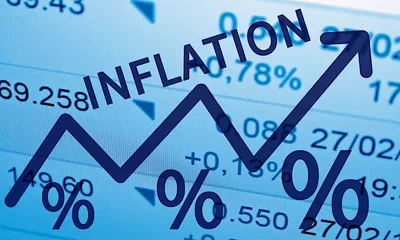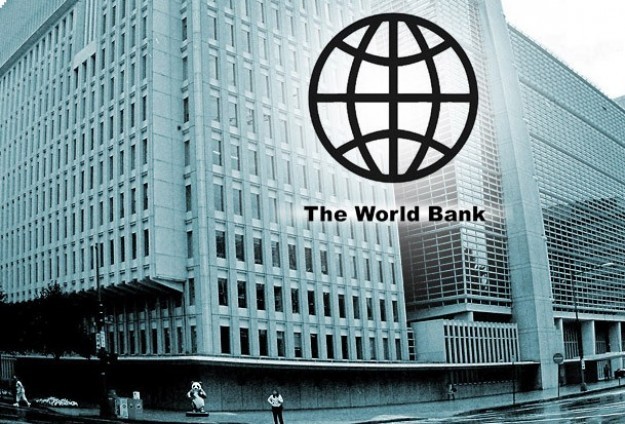By Odunewu Segun
The World Bank has stated that Nigeria’s economic recovery was being limited by its foreign exchange controls.
The global agency stated this in its newly-released Global Economic Prospects report where it noted that the rise in government’s debt, exchange rate depreciation, and increased recourse to non-concessional borrowing for infrastructure development had resulted in rising debt servicing costs.
“As monetary policies in advanced economies continue to normalise, and global interest rates increase, proactive public debt management will be needed to manage rollover risks in the region.”
The World Bank, which noted that militants’ attacks on oil pipelines in the country had decreased, said, “The economic recession in Nigeria is receding. In the first quarter of 2017, the GDP fell by 0.5 per cent (year-on-year), compared with a 1.7 per cent contraction in the fourth quarter of 2016.”
The World Bank report said the Purchasing Managers’ Index for manufacturers returned to expansionary territory in April, indicating growth in the sector after a contraction in the first quarter.
“Several factors are preventing a more vigorous recovery. In Angola and Nigeria, foreign exchange controls are distorting the foreign exchange market, thereby constraining activity in the non-oil sector,” it stated.
The report said capital inflows in the sub-Sahara African region were rebounding from their low level in 2016, adding that Nigeria tapped the Eurobond market twice in the first quarter of 2017, followed by Senegal in May.
“Regional inflation is gradually decelerating from its high level in 2016. Although a process of disinflation has started in Angola and Nigeria, inflation in both countries remains elevated, owing to a highly depreciated parallel market exchange rate,” the World Bank said.
According to the report, the regional outlook is subject to significant external risks, to which Nigeria is exposed.
ALSO SEE: Etisalat quits Nigeria, gives three-week ultimatum for brand phase out
It said, “A sharp increase in global interest rates could discourage sovereign bond issuance, which has become a key financing strategy for governments in recent years, as they have increasingly looked to global markets for the funds to finance domestic investment.
“On the domestic front, in countries where significant fiscal adjustments are needed, failure to implement appropriate policies could weaken macroeconomic stability and slow the recovery. This risk is particularly significant for Angola, CEMAC (Central African Economic and Monetary Community) countries, Mozambique and Nigeria.”
Last year, Nigeria suffered its first economic contraction in 25 years as a result of a drop in oil exports amid low prices and foreign-currency shortages that raised inflation to a record high.

 Health7 days ago
Health7 days ago
 Crime7 days ago
Crime7 days ago
 Comments and Issues1 week ago
Comments and Issues1 week ago
 Latest1 week ago
Latest1 week ago
 Comments and Issues1 week ago
Comments and Issues1 week ago
 Football1 week ago
Football1 week ago
 Comments and Issues1 week ago
Comments and Issues1 week ago
 Comments and Issues1 week ago
Comments and Issues1 week ago













